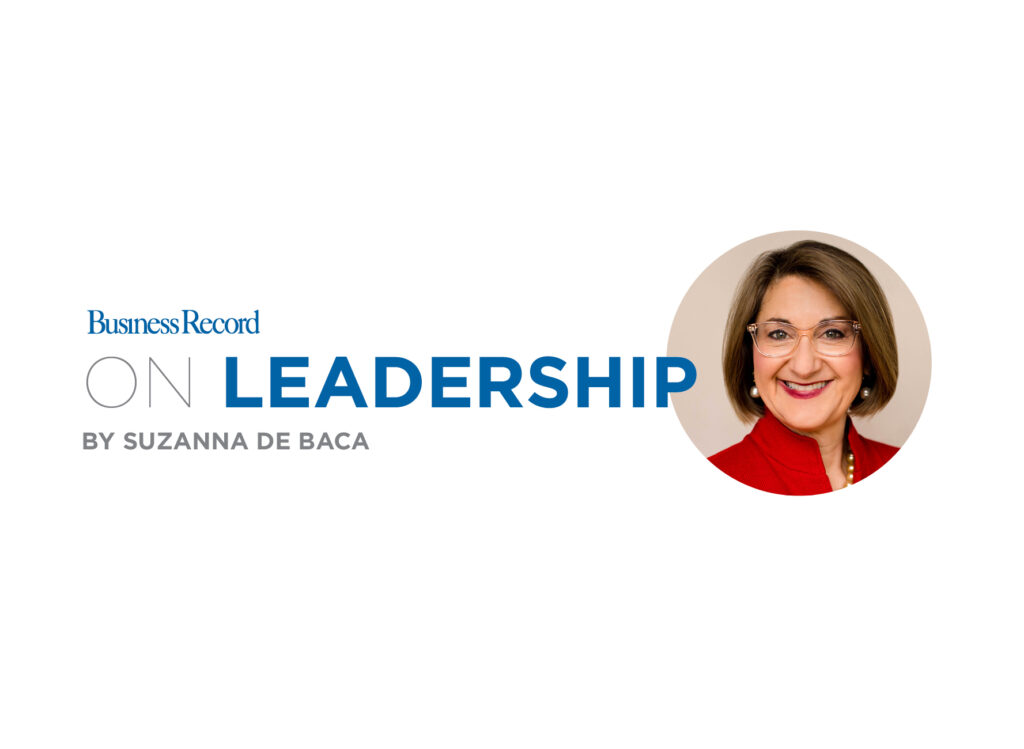GUEST OPINION: Venture capital vs. government

Administrations cycle every four to eight years in state government. Venture firms cycle every eight to 12 years (or more) before any single fund is complete. This presents a problem. Each administration has a different philosophical approach to how involved the state needs to be in venture investing. Some administrations are interventionist and controlling, while others are laissez-faire.
In Iowa, we have the Iowa Fund of Funds, instituted under prior administrations, which handles the investment of private and public dollars into regional venture capital firms that are professionally managed, that review regional deal flow, and occasionally (see Village Ventures’ participation in the most recent round of investment in Dwolla Corp.) invest in Iowa.
With Iowa representing a small percentage of the Midwest population, and the need to produce excellent returns to the fund’s limited partners, it is understandable that they invest more often outside the state than inside Iowa. The Fund of Funds didn’t fund 100 percent of these venture funds, and it can’t dictate the terms of the investments.
Also in Iowa, we have the new Iowa Innovation Corp. and a proposed fund that the organization’s leaders are currently lobbying to have modified from 20 percent to 100 percent tax credit. They hope to raise somewhere near $20 million to invest solely in Iowa companies as a public-private partnership.
They are still working out who exactly will be managing the fund and deploying the investments, but it is not the Fund of Funds model, which utilizes existing venture capital firms.
Both of these approaches have their merits and drawbacks. As a recent Atlantic article noted, the vast majority of state-driven venture incentive programs fail. These hybrids of public-private partnerships often serve two masters, one being the social objectives of the state, the other being the return for the limited partners of the fund.
Private capital sources are justifiably wary of participating in these endeavors for fear that the political winds will change and they will get caught “holding the bag” for unfulfilled commitments.
The cliché in the private capital community, eloquently captured in the excellent book “Boulevard of Broken Dreams” by Josh Lerner, is that “(government’s) short-term outlook is fundamentally at odds with what we know about the entrepreneurial process.” It is often compared “to a child who kept digging up the ground where he had planted seeds, because he was frustrated that the flower was not yet blooming.”
Ultimately, the bottom line for Iowa is that in order to achieve our economic development objectives, we need to be able to retain our great existing local companies, recruit outside firms to move to Iowa, and cultivate the next generation of budding local companies.
This requires the active participation of venture capital and private investment, and therefore our regional and national reputation as an investable region must be carefully managed. This requires a long-term plan that transcends individual administrations.
Christian Renaud is the CEO of Present.io and a principal of StartupCity Des Moines.







